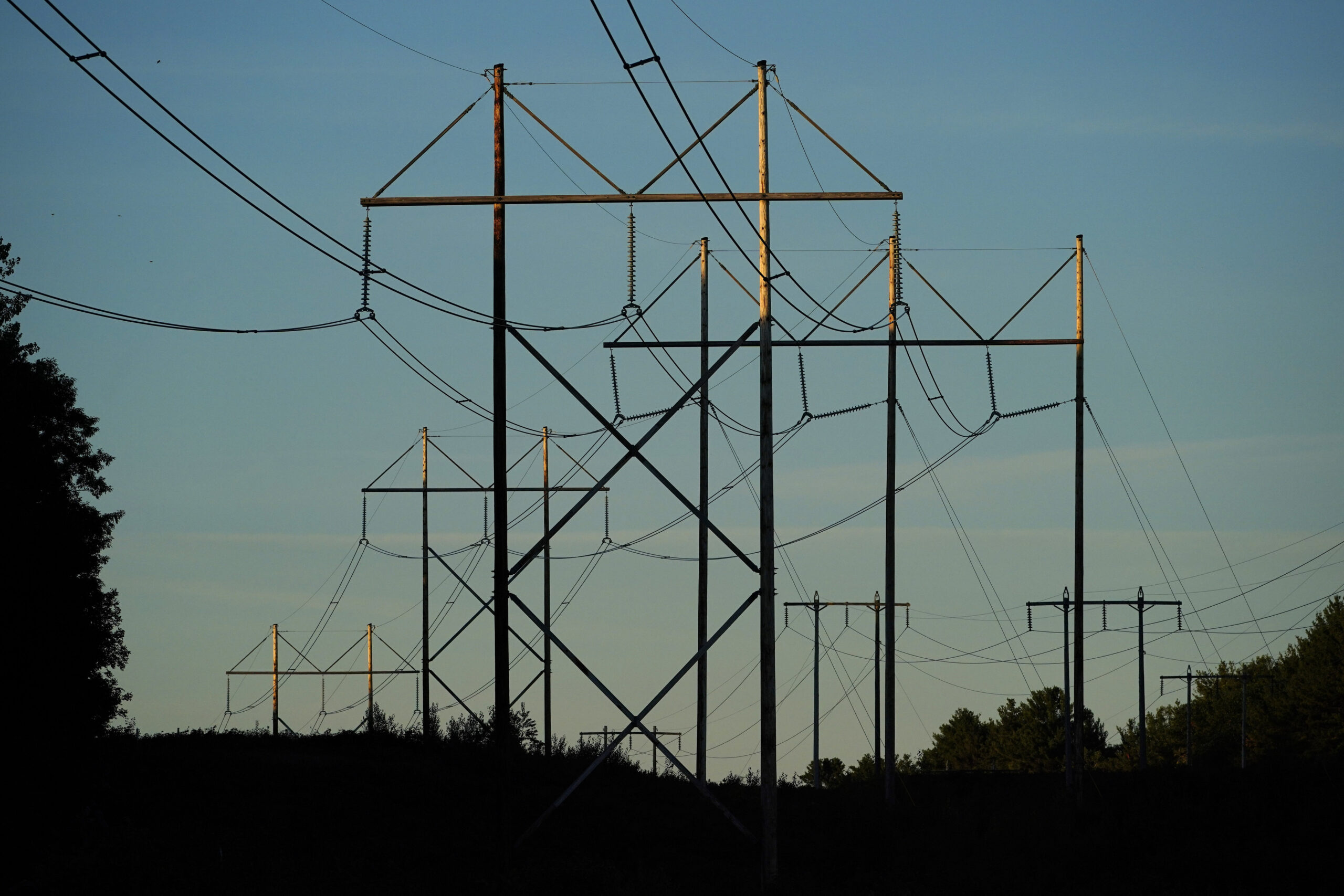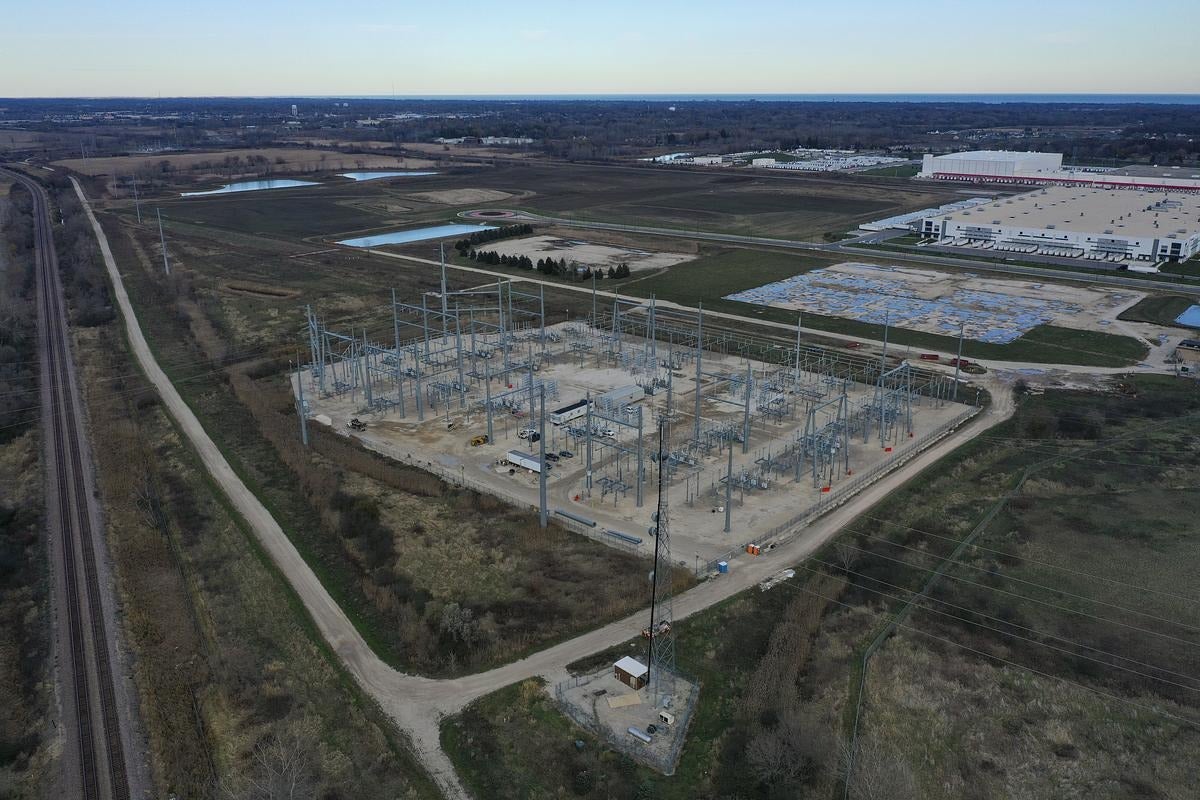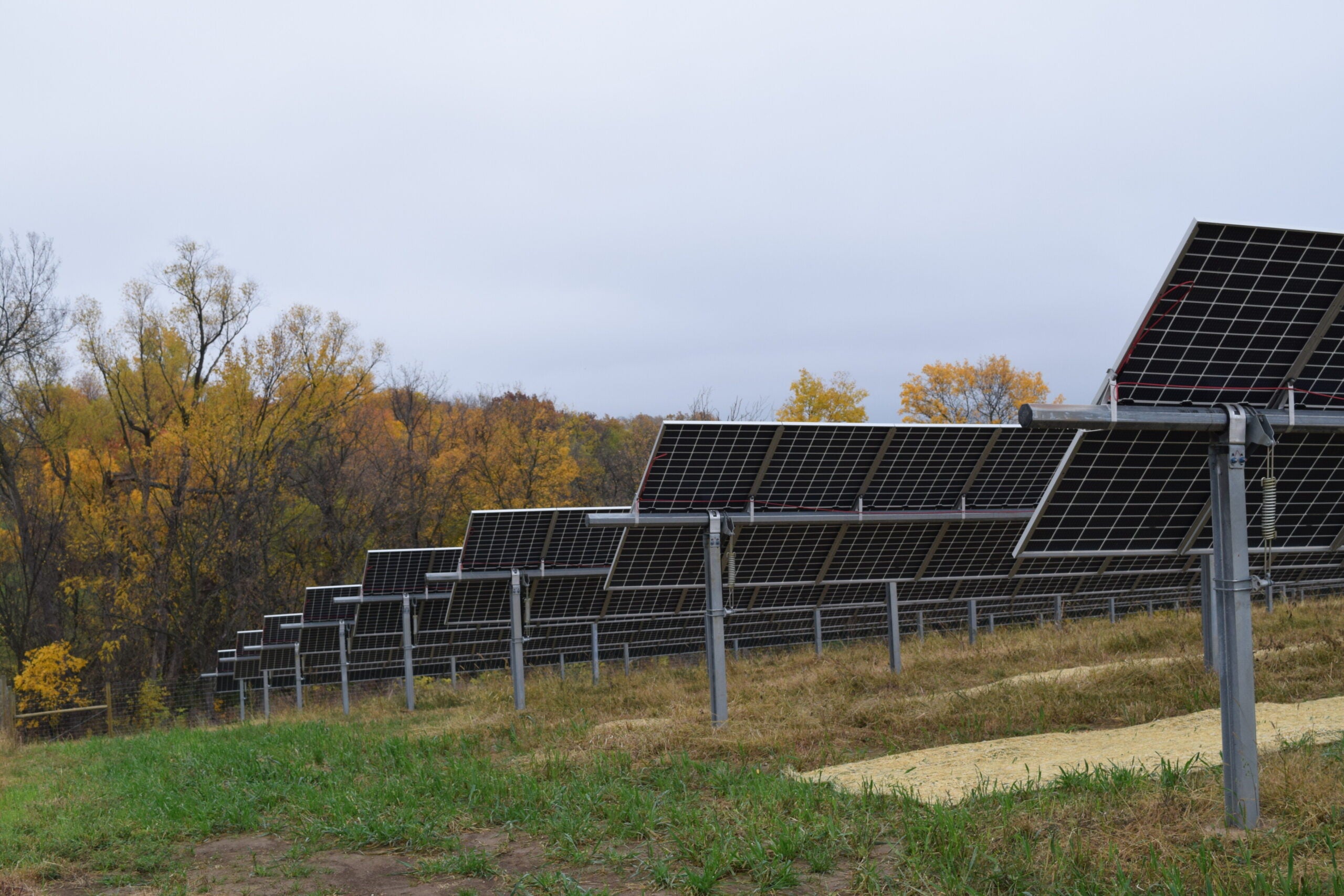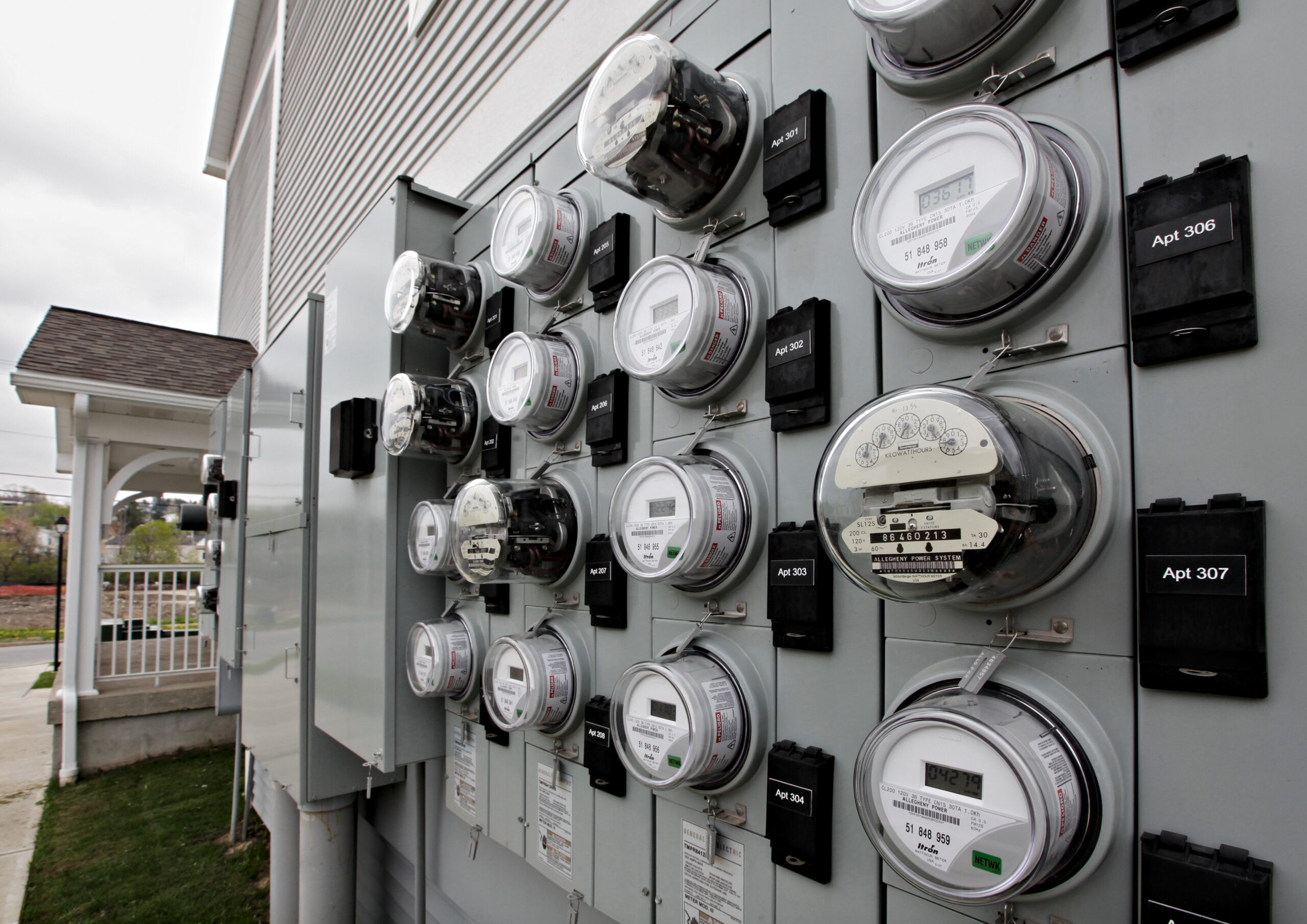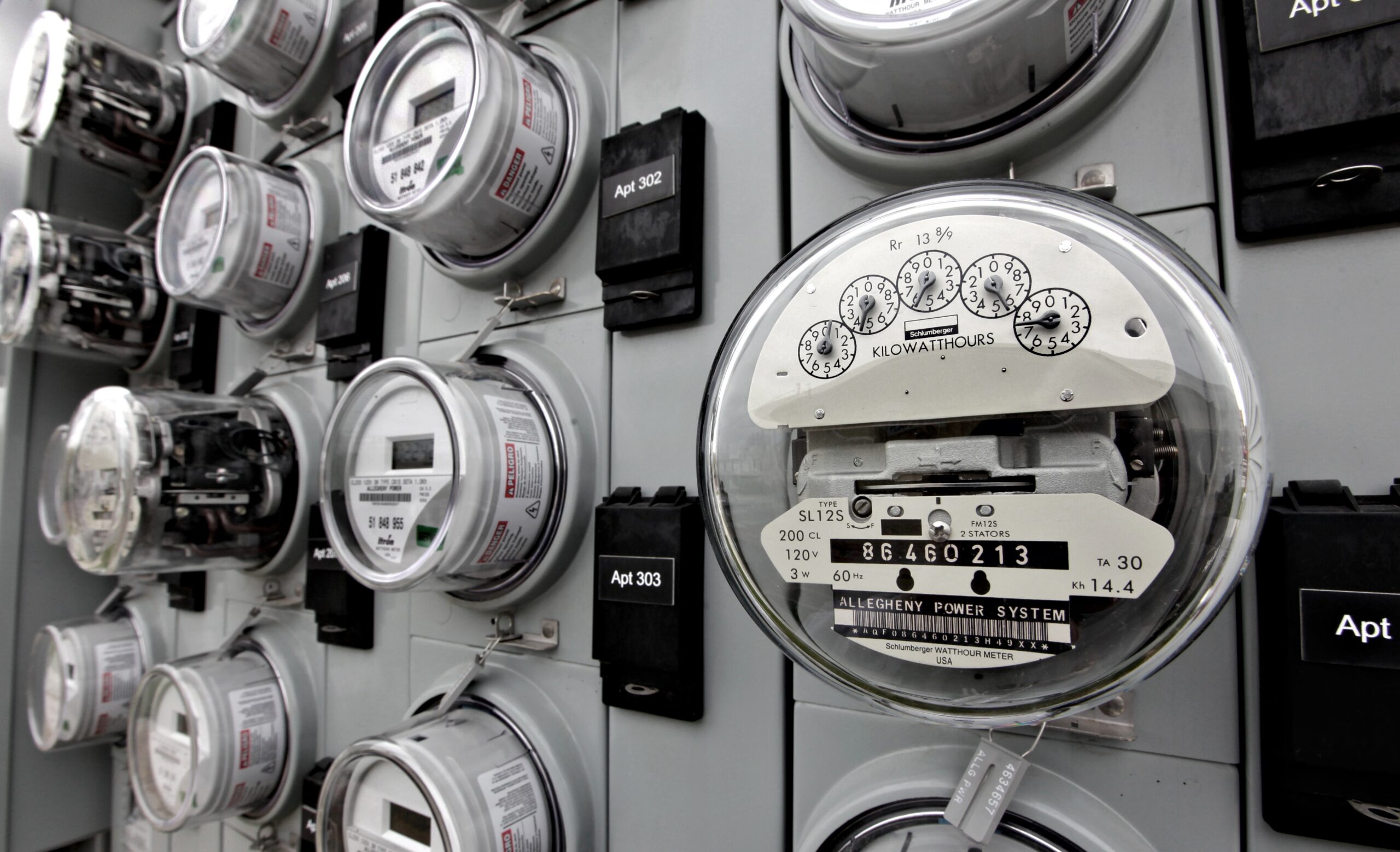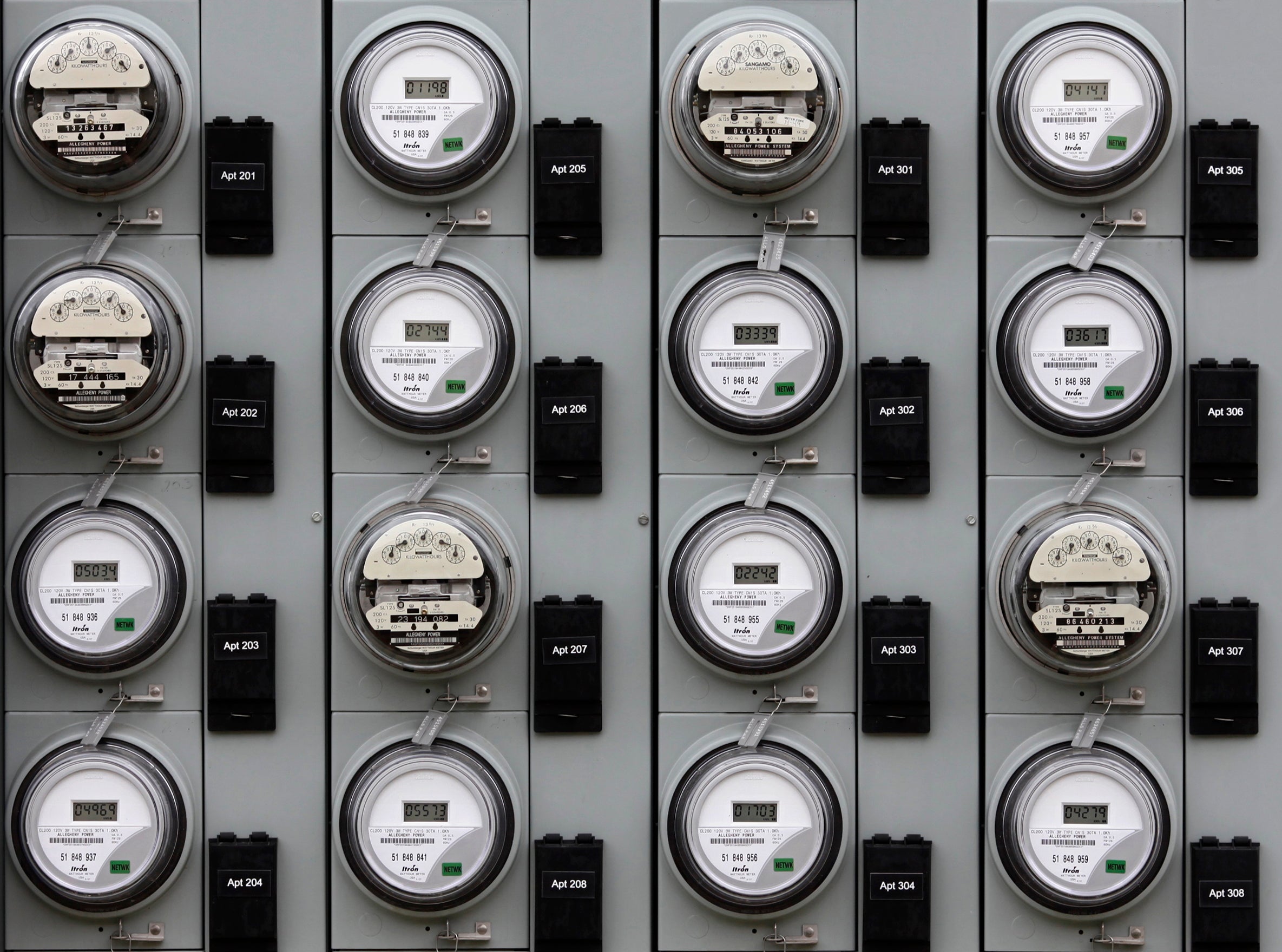As several investor-owned utilities in Wisconsin are seeking to raise customer rates, a consumer watchdog warns the money could fuel profit margins even higher beyond nationwide averages.
Tom Content is executive director of the Citizens Utility Board. He recently appeared on Wisconsin Public Radio’s “The Morning Show” to discuss electricity and gas rate hikes proposed this year by Alliant Energy, Madison Gas and Electric, We Energies and Xcel Energy.
In requests to the state’s utility regulator, the Public Service Commission, some companies say the higher rates would help fund renewable energy projects. But Content worries the hikes also aim to benefit investors.
News with a little more humanity
WPR’s “Wisconsin Today” newsletter keeps you connected to the state you love without feeling overwhelmed. No paywall. No agenda. No corporate filter.
“In particular, Alliant Energy and Xcel Energy are seeking to actually have more money flow to their profit and to their shareholders through their proposals,” he said.
The Citizens Utility Board says Alliant would shift its finances to raise more money through stockholders instead of borrowing, which would cost less, while Xcel is seeking to raise its profit rate by 10.25 percent. That’s more than the national average of 9.6 percent, Content said.
“Alliant is seeking to have more dollars flow in through its (10 percent) profit rate, also above the national average,” the Citizens Utility Board says on its website.
Alliant officials say hiking customer rates now will help build a “stronger energy future” and doing nothing would lead to “more costs down the road.” Alliant and Xcel officials say their utilities need to advance clean energy technologies while moving on from aging infrastructure.
A fifth investor-owned utility, Wisconsin Public Service, is seeking approval to reduce customer rates because construction costs are expected to be offset by lower fuel costs, Content said.
On “The Morning Show,” Content discussed whether customer rates may fall in the future, how regulators could better analyze proposed rate changes and when the Public Service Commission may act on this year’s rate requests.
The following was edited for brevity and clarity.
Kate Archer Kent: Alliant Energy, Xcel Energy, Madison Gas and Electric and We Energies are seeking rate hikes. Why are they saying customers should pay more?
Tom Content: We’re seeing a lot of increases at the same time. In fact, it’s about a half a billion dollars in total added costs that would be hitting customers in 2024 and 2025 under these proposals. So, a lot of it is driven by construction of new power plants, whether that’s solar, some battery storage, some natural gas, as well. We are in a building cycle, so that does put pressure on rates. But it is a lot to see.
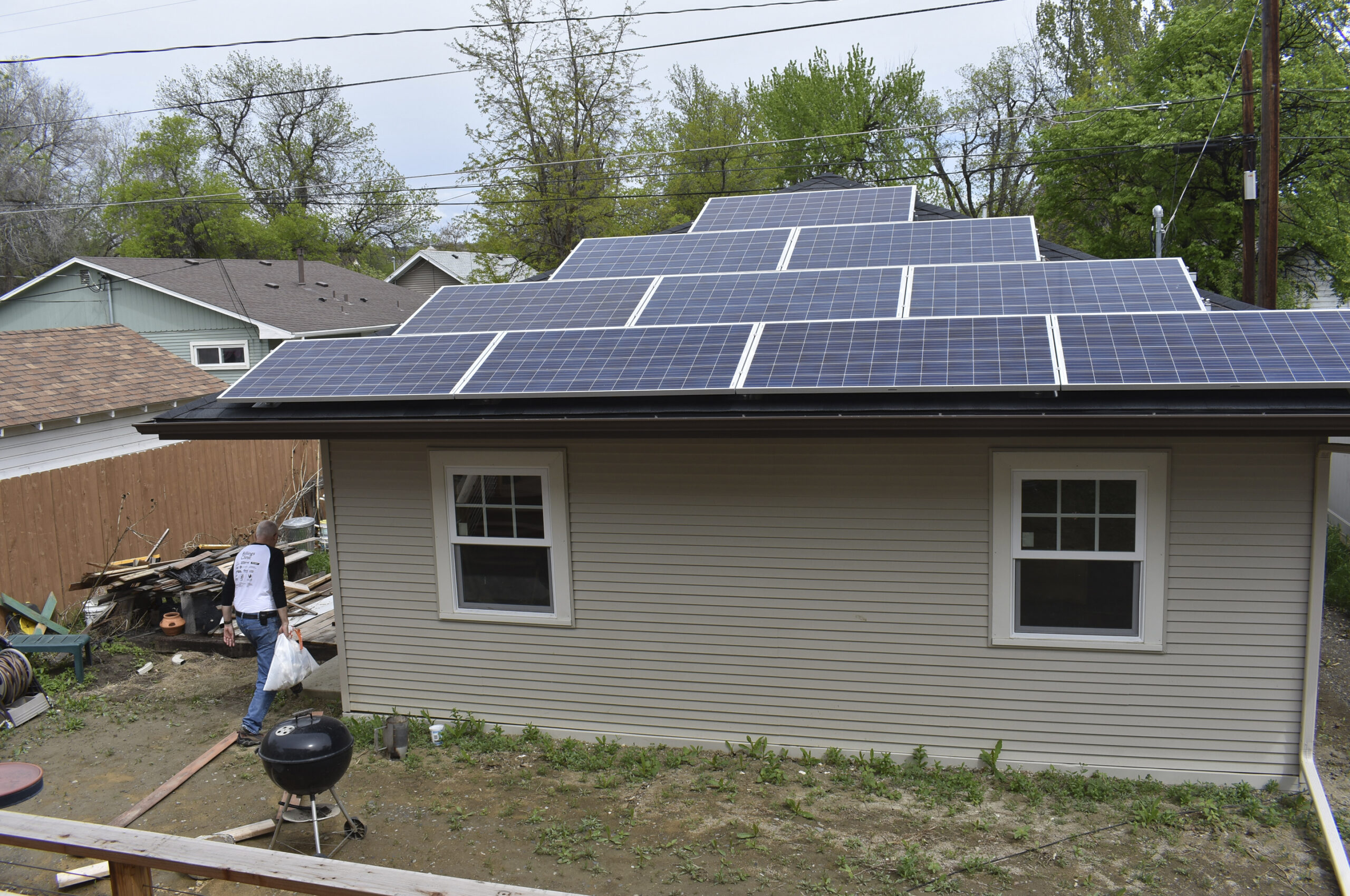
KAK: So, their point is that they want to get renewable energy projects off the ground and that requires more from customers?
TC: It is, because with solar projects, almost the entire cost of the project is attached to the construction costs (to) just build it and get it online. Once you build it, there is no fuel cost for when the sun is shining.
So, we’re seeing that there is cost pressure now. The hope is that over time, the utility customers will see savings from the additional renewable energy that they’re adding. In fact, the one utility that has a decrease — Wisconsin Public Service of Green Bay — is actually seeking extra funding for solar, but it’s more than offset by lower costs for natural gas and coal.
KAK: If higher rates are needed for these upfront costs, could rates eventually come down?
TC: That’s our hope because we’ve had the second-highest electricity rates in the Midwest for too long here in Wisconsin. We do think that solar is cost-effective. But we’ve been hit with this storm of higher natural gas costs last year (and) higher coal costs putting pressure on customers. Everything is hitting at the same time, which is challenging.
KAK: What else is behind the rate-hike proposals? Does some of it have to do with inflation?
TC: Exactly. So, (for) the cost of equipment, the utilities are citing inflation as some of the factors. But also embedded in these increases (are) requests for higher profit.
KAK: How is the Public Service Commission affecting these utilities’ profit margins? What do you see?
TC: Our profits have been above the national average. As I said, there has been some moves to bring that down somewhat in the last years, decisions involving We Energies and Wisconsin Public Service. The profit rates were brought down a bit and that ended up saving those customers about $40 million this year and also another $40 million next year, which is good.
We just think that the commission should have gone further because we cite national research that shows that customers across the country are overpaying by billions of dollars every year just for profits. Utilities have cheaper ways to raise capital to fund their businesses than just putting it all on the backs of the customers and adding to their profits.
KAK: Looking to Gov. Tony Evers’ two-year state budget plan, it calls for $170,000 to fund software that could improve how the Public Service Commission evaluates utility rate changes. How can these evaluations be improved?
TC: We support that (request) because the utilities are using state-of-the-art modeling software to help them determine which projects make sense for their customers. But as the consumer advocate, we don’t have access to that software. It’s very expensive. Even the (commission) — the regulator that oversees the utilities — doesn’t have access to that. So, it’s a really smart proposal to help the auditors and analysts over at the commission analyze the cost-effectiveness and the need for all the new generation projects (and) all the new power plant projects that are putting pressure on our rates.
KAK: Alliant Energy provides gas and electricity to parts of south-central Wisconsin. Next year, it is seeking to hike natural gas rates by 6.3 percent and electricity rates by 8.4 percent. How typical are rate hikes of this size?
TC: In the last five years, we had a period of lower rate hikes, in part because we weren’t in as much of a building phase for new power plants and in part because of benefits from corporate tax reform law that came through Congress (and) ended up enabling savings for customers.
But what we’re seeing now is really sizable. Alliant in particular, over two years on the electric side (is) seeking 14 percent, which is very sizable. Double digits are not the norm in terms of the types of increases that generally come through.
Having said that, of course, our hope is this is just the opening bid. The staff auditors over at the Public Service Commission, while people are enjoying the summer outdoors, the auditors will be working hard on these proposals to try to bring down the size of these increases.
READ MORE: Milwaukee groups pushing for municipal utility to replace We Energies
KAK: When will we see outcomes from these cases before the commission?
TC: It should be by the end of the year. And before that, customers themselves will be allowed to weigh in (with) public comments (online) … The window for public comments hasn’t opened yet, but it will open in the summertime. And there will be public hearings — in-person public hearings, we expect — for all these cases around the state and in Madison probably in the September-October timeframe.
Wisconsin Public Radio, © Copyright 2025, Board of Regents of the University of Wisconsin System and Wisconsin Educational Communications Board.

